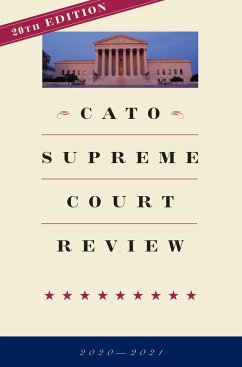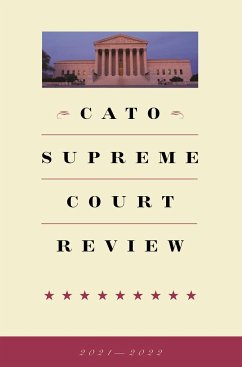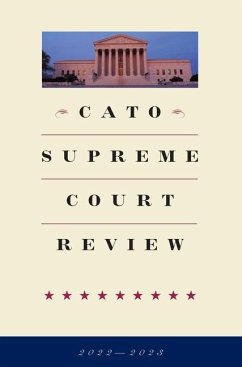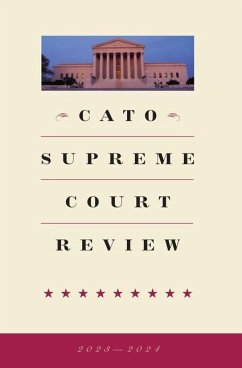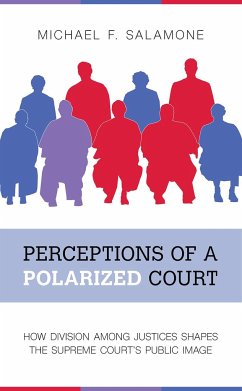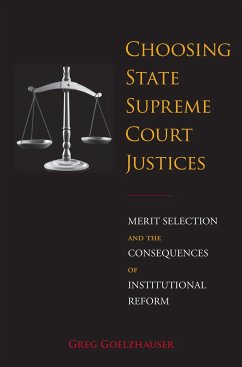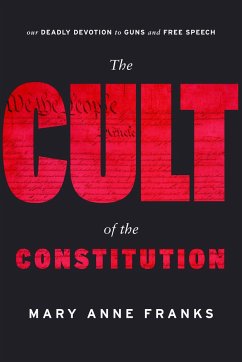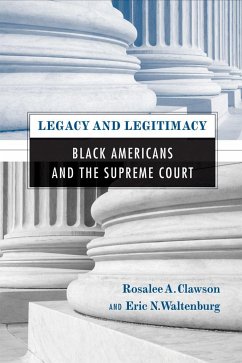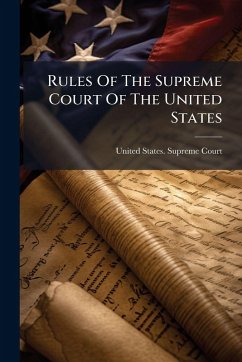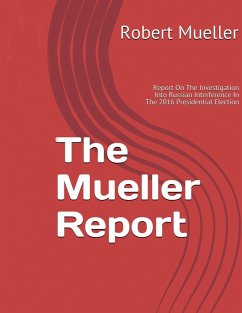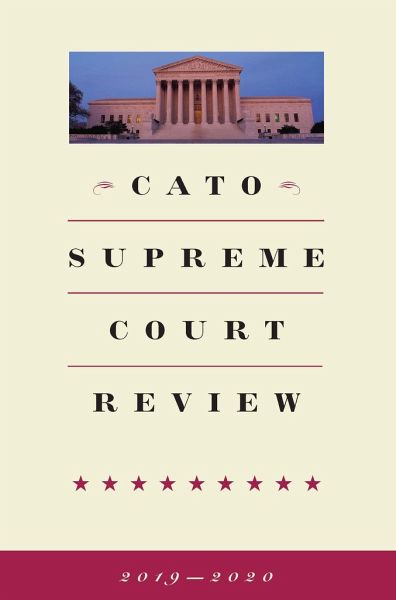
Cato Supreme Court Review
2019-2020
Herausgeber: Burrus, Trevor
Versandkostenfrei!
Versandfertig in über 4 Wochen
12,99 €
inkl. MwSt.

PAYBACK Punkte
6 °P sammeln!
Now in it's 19th year, the Cato Supreme Court Review brings together leading legal scholars to analyze key cases from the Court's most recent term, plus cases coming up. Topics in the 2019–2020 edition include DACA and the Dreamers (DHS v. Regents), the president's removal power (Seila Law v. CFPB), Obamacare's so-called contraception mandate (Little Sisters of the Poor v. Pennsylvania), qualified and absolute immunity (Hernandez v. Mesa), and the use of state tuition assistance at religious schools ( Espinoza v. Montana).



